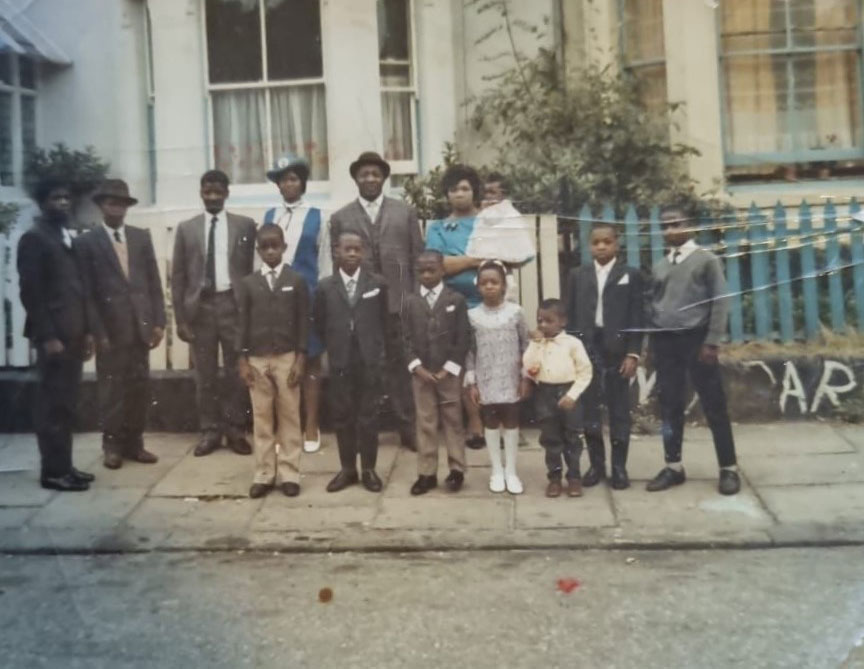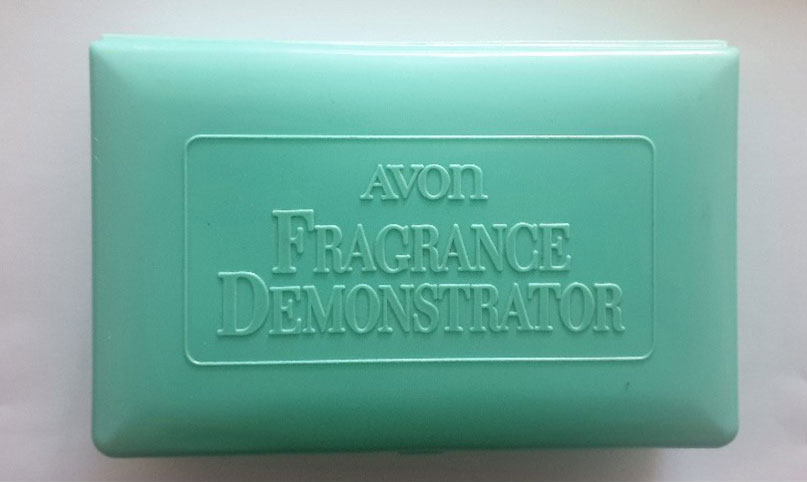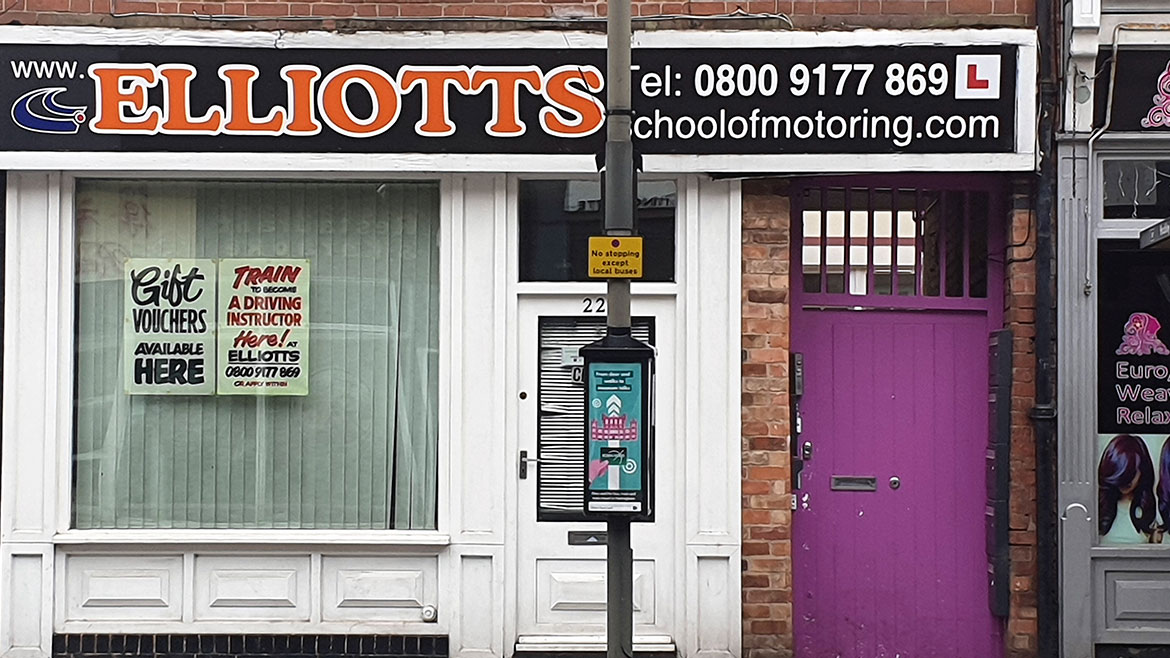Blog
Catherine Ross and Lynda Burrell, co-founders of MuseumandThis is the second blog in a series of blogs written by Museumand – the National Caribbean Heritage Museum celebrating the role and contribution of the Caribbean community in the UK. In our first blog, we introduced the history of Pardner Hand, a community-based savings scheme that was brought to the UK by members of the Windrush Generation. Community-based savings schemes are also known as Rotating Savings and Credit Associations (ROSCAs), but the Pardner Hand is much more than just a savings scheme. It has been an essential and fascinating part of African and Caribbean history, heritage and culture for centuries, with deep significance for the Windrush Generation and their descendants.
The Pardner Hand is an informal, community-based savings scheme based on trust. The scheme is one of community togetherness, a pooling of resources for the enrichment of all. It enables people to save as a group, with everyone putting in a set amount and each person, or ‘pardner’, taking it in turns to have the pot, or ‘hand’. One person is appointed as ‘banker’ to hold the pot until it’s ready to give out.
When the Windrush Generation arrived in the UK from the Caribbean in the late 1940s, many people faced barriers to accessing basic British financial services such as bank accounts. So the Pardner Hand became an important lifeline.



